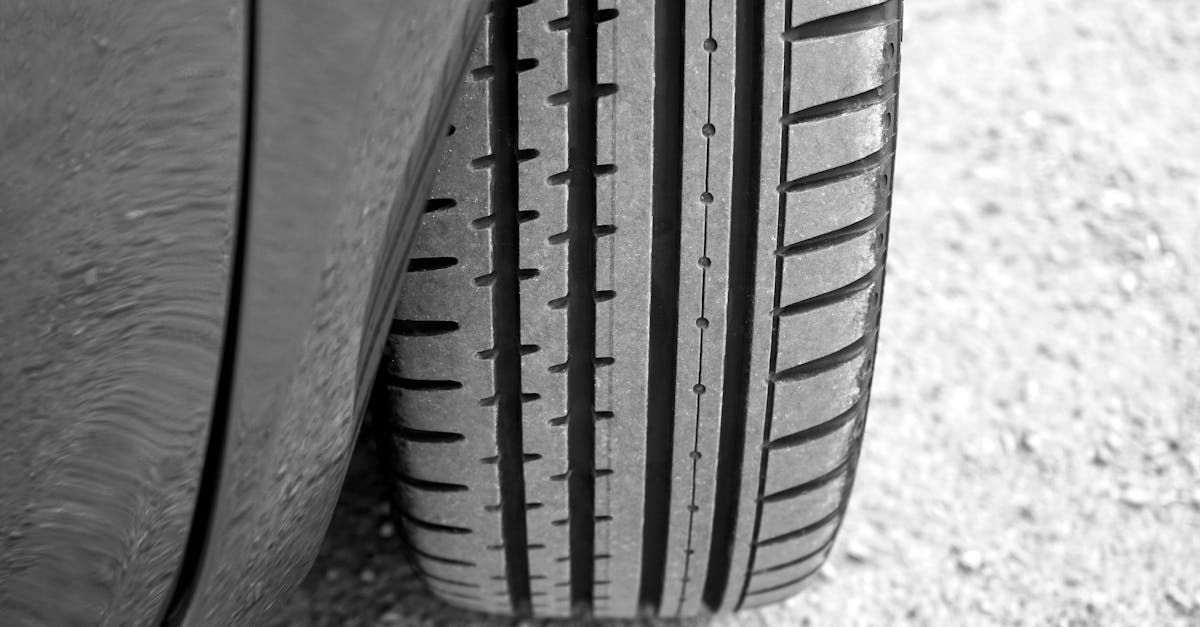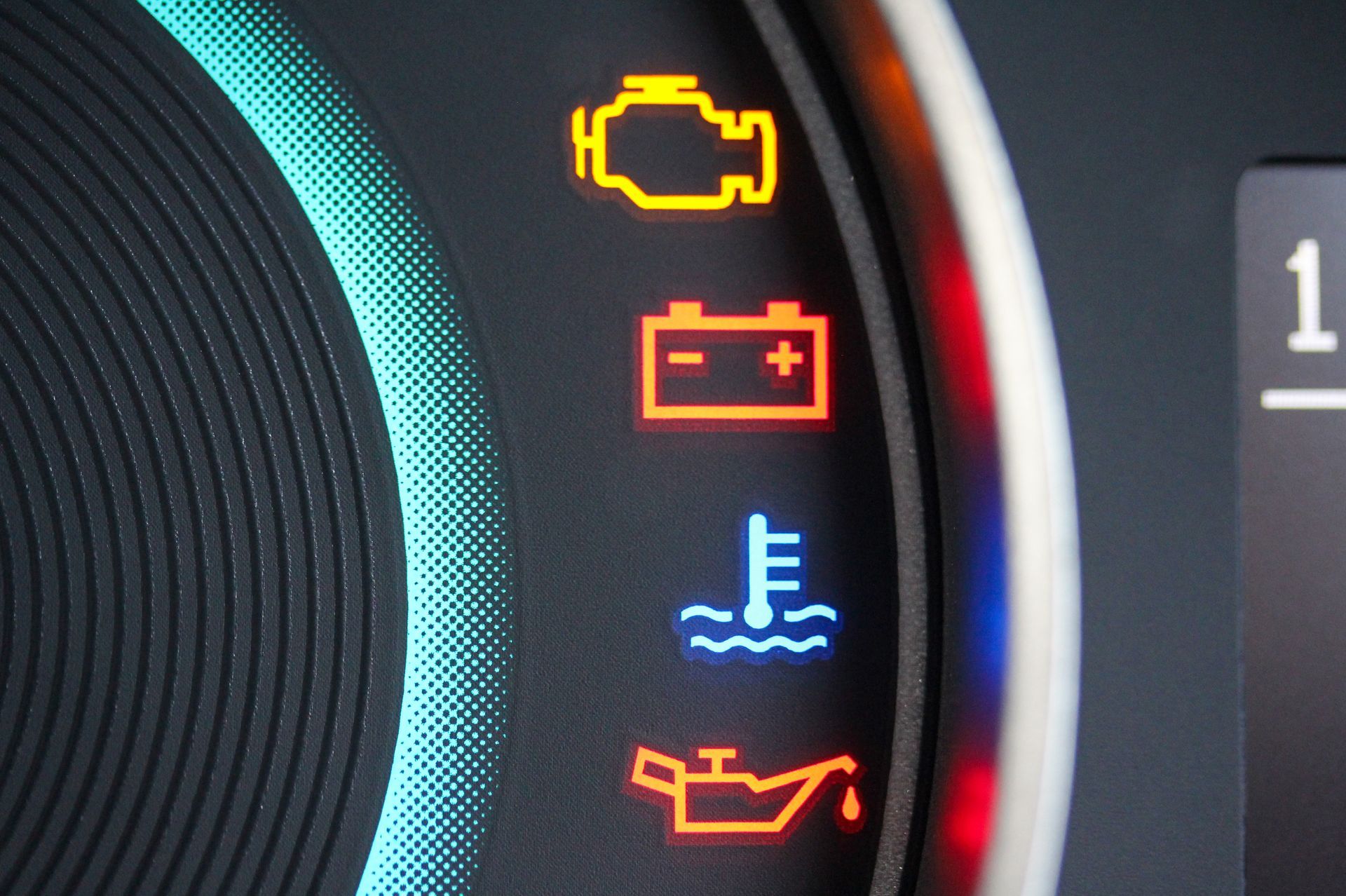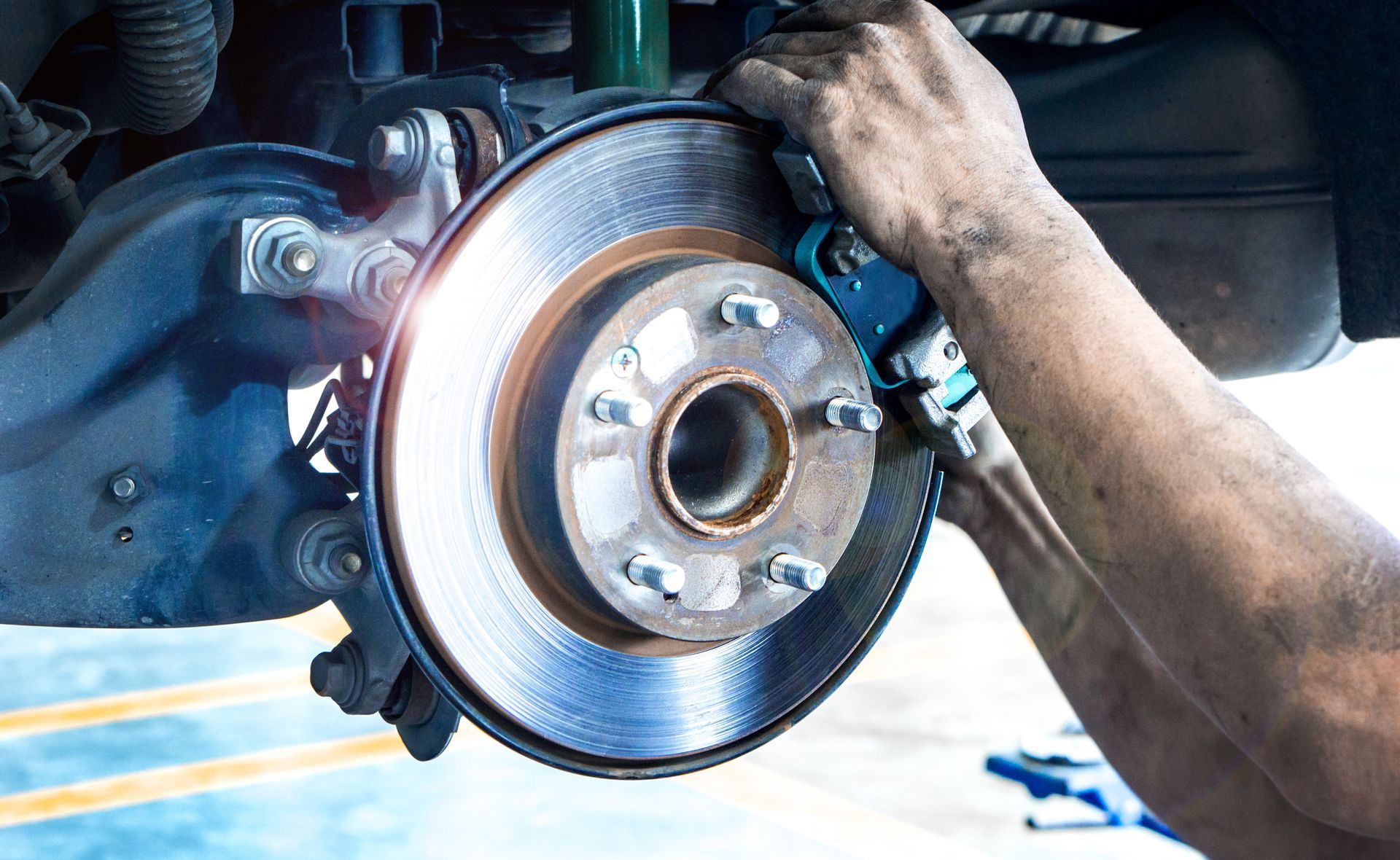Blog
Follow us
Parker's Tire & Auto Service
Services
List of Services
-
Oil ChangeOil Change
-
Brake Repair and ServicesBrake Repair and Services
-
Transmission RepairTransmission Repair
-
Tire ServicesTire Services
-
Check Engine LightCheck Engine Light
-
Steering and SuspensionSteering and Suspension
-
Automotive AC Service and RepairAutomotive AC Service and Repair
-
Battery ServicesBattery Services
Follow us
Parker's Tire & Auto Service
3000 NW Pine Ave, Ocala, FL 34475, United States of America
Mon - Fri 8:00 AM - 5:00 PM




© 2024 Parker's Tire & Auto Service. All Rights Reserved | Website managed by Shopgenie








